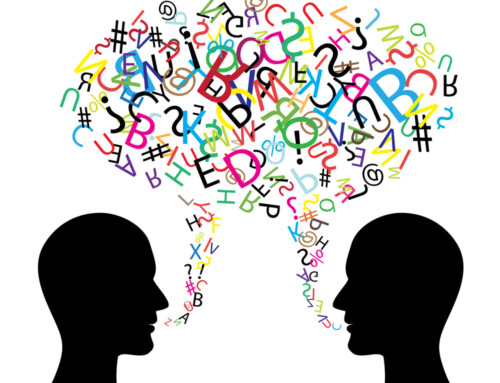
More and more people are opting for the mediation process to resolve their disputes rather than taking the adversarial, painfully-long and costly legal route. Unfortunately, there is also still much misunderstanding about the field of mediation. Even spell check will often try to substitute the word “mediTation” for the word “mediAtion!”
When I first started training to become a mediator, I would get strange looks. People would ask, “What are you doing, mediTation?” as if I was entering into some kind of “alternative” life style.
Meditation is defined in Wikipedia as:
“A practice in which an individual trains the mind or induces a mode of consciousness, either to realize some benefit or as an end in itself. Meditation refers to a broad variety of practices that include techniques designed to promote relaxation, build internal energy or life force and develop compassion, love, patience, generosity and forgiveness.”
Certainly to be a good mediator, one needs to have patience and compassion, but it is not meditation.
Other people would ask if mediation is like arbitration. As a matter of fact, several recent articles in the Wall Street Journal and the NY Times confused the two practices!
Arbitration is defined in Wikipedia as:
“A form of alternative dispute resolution, a technique for the resolution of disputes outside the courts – as is mediation actually – but where the parties to a dispute refer it to the arbitrator, by whose decision they agree to be bound. The arbitrator reviews the evidence in the case and imposes a decision that is legally binding for both sides, and enforceable.”
Mediation although also being a form of alternative dispute resolution, is a process where two or more parties assisted by the mediator work together towards a settlement and have total control over their decisions. The mediator acts as a neutral and is present to facilitate the conversation by helping each party be heard by the other and by creating a safe structure for them to work with.
Mediation should be seen as the better way to work through a divorce as well as to resolve any other family conflict, from marriage mediation to conflicts between other relatives, conflicts with stepfamilies, conflicts between parents and older teenagers or adult children. Fortunately, it is quite frequent to hear these days “my cousin went through mediation for her divorce” or “my roommates and I did a mediation.”
And let’s hope that soon the spell check on many computer programs will stop trying to change the word mediation to mediTation!
If you or anyone you know wants more information on the mediation process, do not hesitate to email or call me.
Comments & Replies from Social Media
__________________________________________________
Indeed it’s sad when folks feel the only way to end a Divorce is thru lawyers and to take the adversarial route. Thanks to folks like you who are educating helping and giving the public an alternative.
By Christina Nitschmann (via LinkedIn)
Get Your FREE Copy of Jennifer’s 12 Critical Mistakes to Avoid When Considering a Separation or Divorce!!
Jennifer Safian
divorce and family mediation
upper east side of manhattan (nyc)
new york, ny
(917) 881 5206
jpsafian@gmail.com
Latest posts by Jennifer Safian (see all)
- misinterpreting your partner’s demeanor may lead to conflict - October 9, 2024
- demystifying the money talk - September 11, 2024
- why are we afraid to discuss money? - August 21, 2024





Jennifer,
I so enjoyed reading your article. Interesting information about spell check; I suppose it hasn’t caught up to the real world yet.
I went through a divorce many years ago and had the wisdom to use a mediator. Although still somewhat contentious, the process eliminated the stress of going to court and helped us resolve the issues at hand in a much more civil manner.
Thanks for keeping us informed.